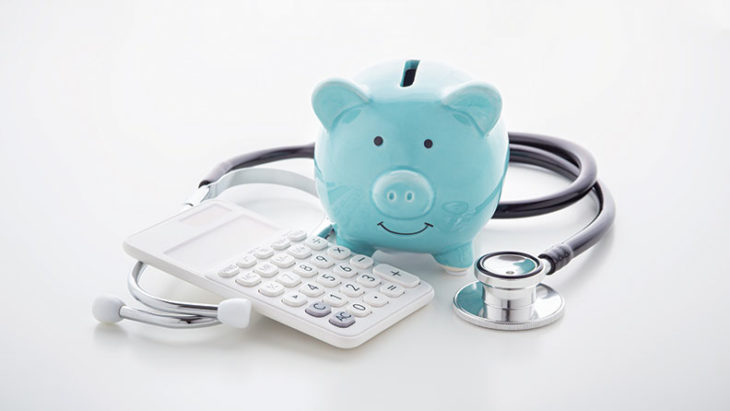When was the last time you devoted serious time and energy to improving your financial standing? There’s no time like the present.
You’ve heard the clichés before. Spend less than you make. Pay yourself first. Pay off your debt. Live below your means. Create an emergency fund. Invest for retirement. Use the power of compounding interest. Start a business. Create a budget and stick to it. Educate yourself. Believe me, these aren’t just well-worn sayings; they are proven tactics that work. The more of them you use, the better and more quickly your financial position will improve.
Another often overlooked aspect of your financial health can have great payoffs if used properly. I’m speaking about tax laws. Nearly everything you do has a tax component. So while you can’t escape taxes entirely, you certainly can minimize your tax burden by using efficient strategies. I often refer to it as maximizing your after-taxed dollars and increasing your net worth.
It starts with determining your financial position and knowing your marginal tax bracket. Your financial position is calculated by a formula: assets minus liabilities equals net worth. If net worth is positive, you have equity. If net worth is negative, you are upside down. Your marginal tax bracket is the highest tax rate you pay on your income. See your taxable income on your most recently completed tax return to determine your marginal tax rate. Tax savings or added tax on your incremental income are calculated using this rate (until you reach the next tax bracket).
Rather than making and spending money all year, then figuring your income tax situation after the year ends — hoping you somehow get a refund or won’t have significant taxes due — plan your tax outcome, and then go do the work. This isn’t crazy talk; it’s knowing what gets taxed, how it’s taxed and when it’s taxed. It’s the difference between reactive tax preparation and proactive tax planning.
Since you have an annual obligation to determine and pay your taxes, why not get in front of your tax situation and take a proactive approach? You should find this approach is more rewarding and satisfying because you are controlling your financial health. Much like your physical and mental well-being are predicated on your continual devotion to good eating and exercising, financial well-being is predicated on continual good financial behaviors.
TAKE ADVANTAGE OF THE TAX CODE
The tax code is full of opportunities. Some have potentially large payoffs, and here are some examples:
- Convert IRA into Roth IRA for tax-free distributions and to remove yourself from the annual required minimum distributions.
- Start a small business and change post-tax expenses into pre-tax deductions.
- Change your business structure to improve the way it’s taxed.
- Bifurcate your business into different income streams if you are a specified service trade or business to qualify for the 199A 20 percent business deduction.
Please note that these tips are intended to be helpful and informative, but they do not replace professional financial advice. You should consult a tax professional for your individual situation because your unique tax position will have different results. For more information, call Tina Perkins, CPA, at (228) 392-2991 or see her at Tina Perkins, CPA, P.A., 4048 Popps Ferry Road, D’Iberville. Consultation is by appointment only.


